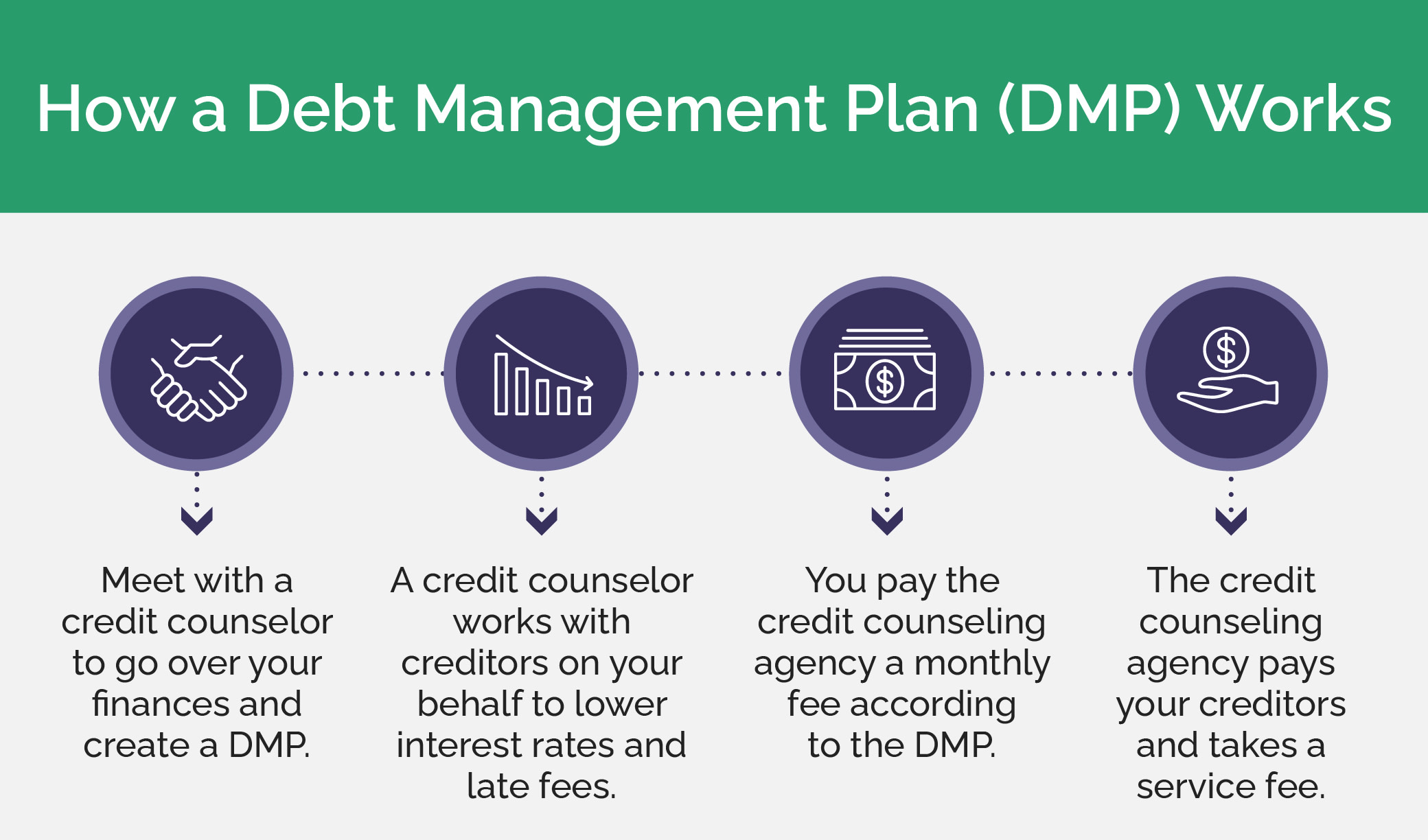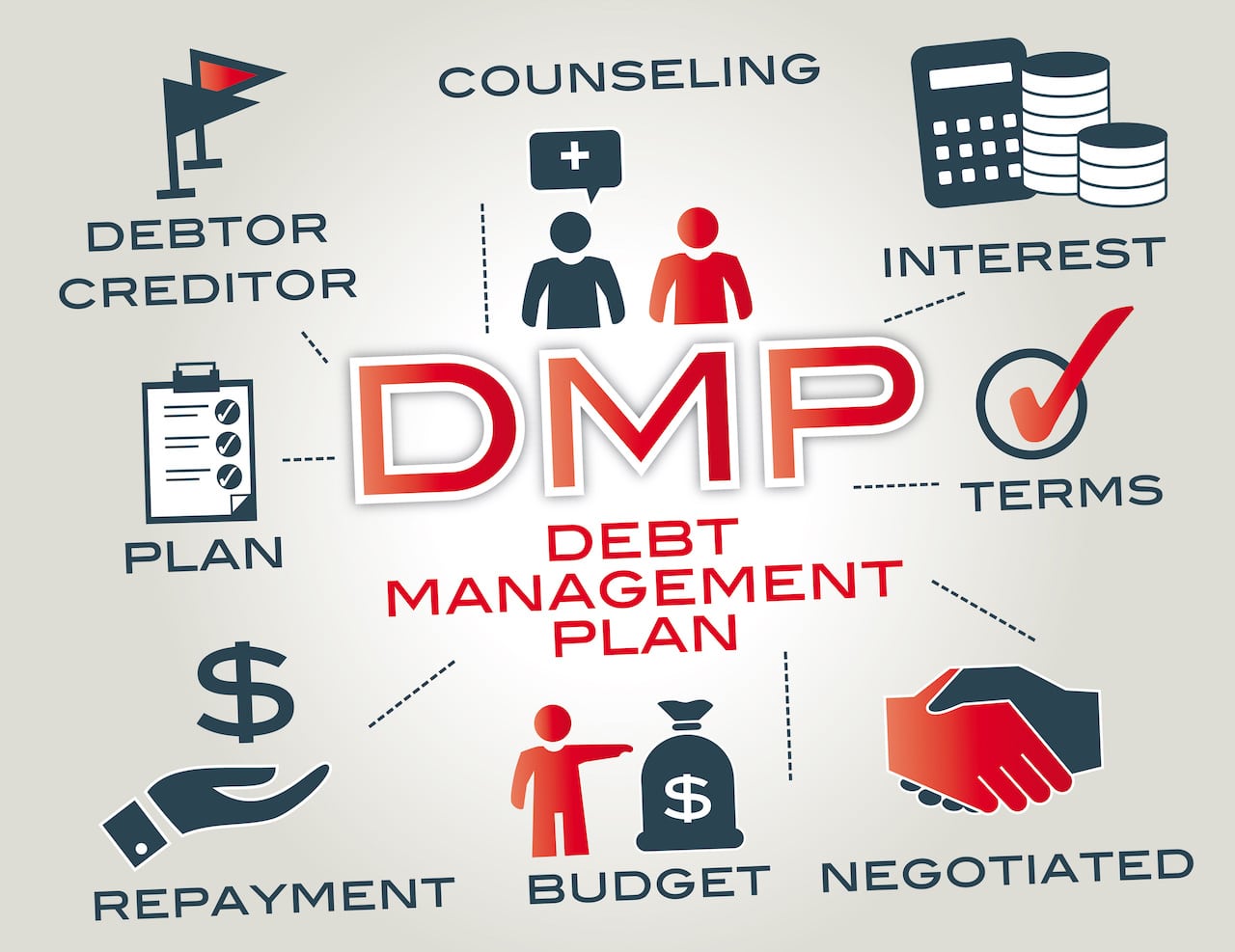Real-Life Success Stories of Financial Obligation Loan Consolidation: More Discussion Posted Here
Real-Life Success Stories of Financial Obligation Loan Consolidation: More Discussion Posted Here
Blog Article
Whatever You Need to Find Out About Creating a Tailored Financial Obligation Monitoring Plan
In the realm of individual finance, designing a customized debt management strategy is often the foundation of achieving financial stability and comfort. By diligently evaluating your existing economic commitments, setting achievable monetary goals, and crafting a practical budget, you lead the way for efficient debt settlement techniques. Nonetheless, the trip to monetary liberty is not exclusively regarding preliminary planning; it also requires continuous surveillance and modifications to make certain continued progress. As you navigate the complexities of producing a tailored financial debt administration strategy, recognizing the complexities of each action is key to your financial success.
Analyzing Your Present Financial Debt Situation
One must first perform a comprehensive evaluation of their existing financial obligation responsibilities prior to creating an effective financial obligation monitoring plan. Evaluating your existing financial debt circumstance is a critical primary step in gaining control of your funds. Begin by gathering all needed financial records, such as credit history card statements, car loan agreements, and any impressive expenses. Create a comprehensive list of each financial obligation, consisting of the total quantity owed, passion prices, minimum regular monthly settlements, and due dates. This comprehensive introduction will provide a clear image of your monetary standing and help prioritize which financial obligations to resolve initially.
After compiling this information, calculate your overall debt-to-income ratio by separating your regular monthly debt payments by your month-to-month income. Recognizing these aspects of your monetary circumstance will direct you in creating an individualized debt administration plan tailored to your details demands and objectives.
Setting Financial Goals and Targets

When setting financial goals, it is very important to be details, quantifiable, possible, pertinent, and time-bound (CLEVER) As an example, you might establish an objective to pay off a specific amount of debt within a particular time framework, such as lowering your credit history card balance by $5,000 in the next one year - More Discussion Posted Here. By establishing clear targets similar to this, you can track your progress and remain motivated to attain your financial debt management purposes
Furthermore, think about prioritizing your financial obligations based on aspects such as rate of interest, superior balances, and settlement terms. By concentrating on high-interest financial debts first, you can save money over time and accelerate your trip toward economic freedom. Bear in mind, everyone's monetary scenario is special, so tailor your targets and objectives to fit your individual needs and conditions.
Developing a Realistic Budget Plan
Crafting a well-defined spending plan is a basic action in effective debt monitoring and monetary planning. A sensible budget plan functions as a roadmap for your economic health, aiding you track your revenue, expenditures, and financial obligation payments. To develop a practical budget, begin by detailing all your sources of income. This includes your salary, side hustle profits, or any type of various other monetary inflows. Next, catalog all your taken care of expenses such as rental fee or home mortgage, energies, insurance coverage, and financing repayments. Variable costs like grocery stores, entertainment, and transport ought to also be consisted of. Set apart in between demands and desires to prioritize vital expenses and recognize locations where you can reduce.
When setting budget plan limitations, be sincere with yourself regarding your spending routines and economic responsibilities. Assign a portion of your revenue towards settling financial obligation while ensuring you have some funds for emergencies and savings. Consistently evaluation and adjust your budget plan as needed navigate to this site to remain on track with your economic goals and debt settlement plan. By adhering to a sensible spending plan, you can properly handle your debt and job in the direction of a more safe and secure financial future.
Exploring Financial Obligation Repayment Approaches
After establishing a sensible budget plan, the following important step in efficient financial debt management is to explore different financial obligation payment methods. One common method is the snowball method, where you concentrate on settling the tiniest financial debts initially while making minimal settlements on larger financial obligations. This method can assist construct momentum as you see smaller financial obligations being removed, supplying inspiration to deal with bigger ones.
One more approach is the avalanche approach, which includes focusing on financial debts with the highest passion prices. By targeting high-interest financial debts initially, you can lower the general quantity you pay in interest gradually. This approach may be a lot more cost-effective in the future, even though it may take longer to see private financial obligations completely settled.
Financial debt loan consolidation is another alternative where you integrate several financial debts right into a single financing with a lower rates of interest. This can simplify your payment process and possibly lower the complete interest paid. However, it's important to meticulously consider the terms and charges related to combination to guarantee it's the ideal option for your economic circumstance.
Tracking and Adjusting Your Strategy

Adjusting your strategy might involve reallocating funds to tackle high-interest financial debts initially, bargaining with creditors for reduced rate of interest or far better settlement terms, or discovering added revenue resources to accelerate debt payment. As your financial circumstance evolves, your debt administration plan must adjust as necessary to remain efficient. By remaining versatile and proactive in tracking and changing your plan, you can optimize your efforts in the direction of settling your financial obligations efficiently and attaining your financial goals.
Conclusion
To conclude, producing a personalized try this website financial obligation administration strategy entails evaluating current financial obligation, establishing monetary objectives, developing a realistic budget plan, checking out settlement methods, and monitoring and readjusting the plan as required. By following these actions, individuals can take control of their financial situation and job in the direction of becoming debt-free. It is essential to remain regimented and committed to the plan in order to achieve long-term monetary security.
One need to initially perform a navigate here complete assessment of their current financial obligation obligations prior to developing an effective financial debt administration plan.After establishing a practical budget plan, the next essential action in reliable debt management is to explore numerous debt repayment strategies - More Discussion Posted Here.To effectively manage your debt, constant tracking and change of your debt monitoring strategy are necessary elements for long-lasting financial security.Changing your strategy might involve reallocating funds to tackle high-interest financial debts first, bargaining with financial institutions for lower rate of interest rates or much better settlement terms, or discovering extra revenue resources to expedite financial debt repayment.In conclusion, producing a personalized debt management plan entails assessing existing financial obligation, setting financial objectives, developing a reasonable budget, checking out repayment approaches, and monitoring and adjusting the plan as required
Report this page